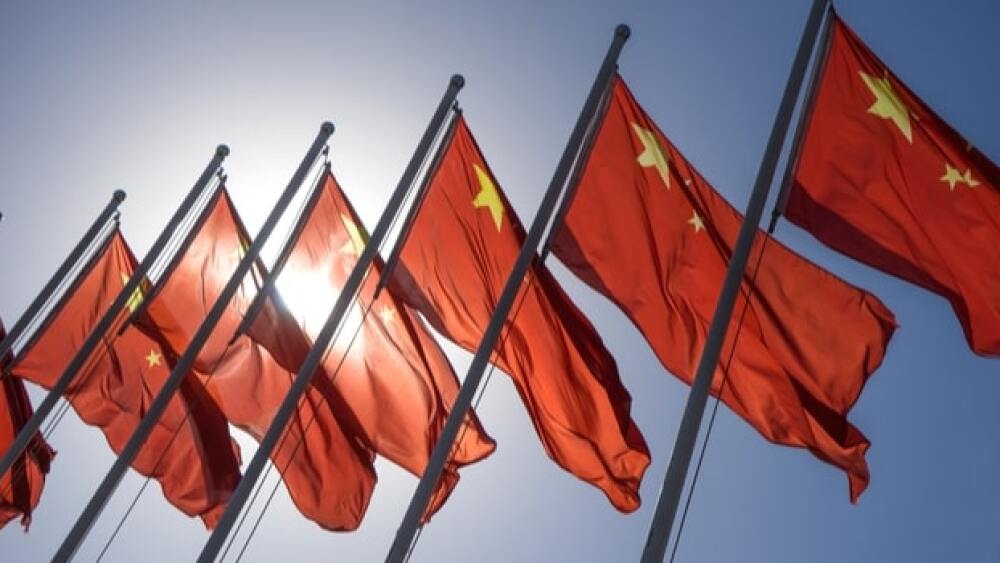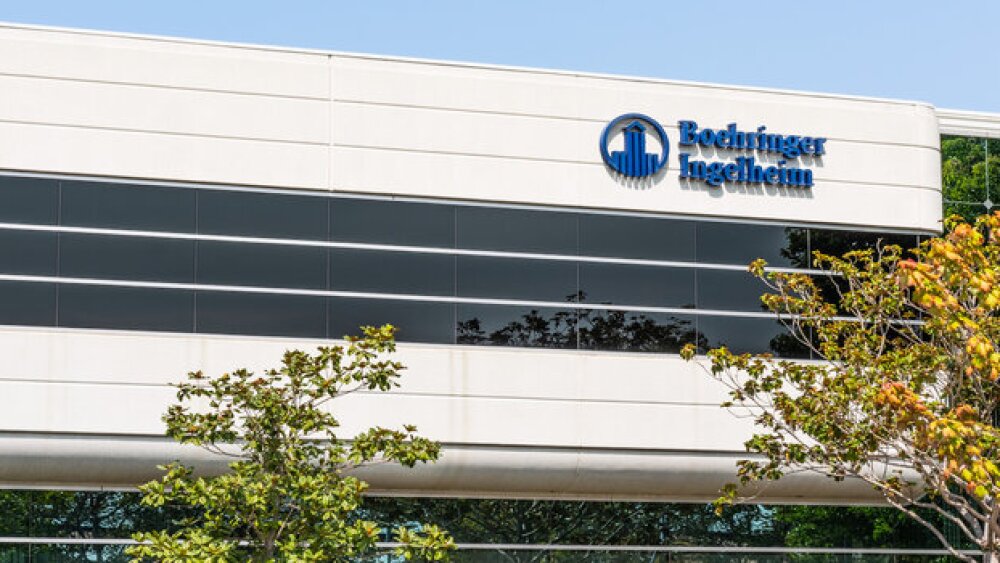Monday was a big day for LianBio, as the Shanghai-based company launched on the Nasdaq with an impressive $325 million initial public offering (IPO).
Monday was a big day for LianBio, as the Shanghai-based company launched on the Nasdaq with an impressive $325 million initial public offering (IPO). However, the initial market result was less thrilling as the stock fell 14% in its U.S. trading debut.
The bicontinental biotech, which was launched by Perceptive Advisors in August 2020, hit the U.S. market in the shadow of a cybersecurity probe into Didi Global Inc., which debuted on the Nasdaq at the end of June. This preceded a perceived crackdown on China’s corporations in July.
Didi Global’s U.S. listing was the largest by a Chinese company since 2014 and the probe triggered a reduction of about $1 trillion from the aggregate market value of China’s listed firms. LianBio, which has its headquarters in both Shanghai and Princeton, New Jersey, was the first to test the waters following this change in tone.
At the stated IPO price of $16 for each of its 20.3 million American shares, LianBio should have had a market value of $1.68 billion based on the outstanding shares listed in its filings with the U.S. Securities and Exchange Commission. However, shares opened Monday trading at $15.50 and closed at $13.70 in New York, leaving the company instead, with a market value of $1.44 billion. At press time, LianBio was trading at $13.55 per share.
LianBio, which came out of stealth mode already boasting multiple strategic alliances with BridgeBio Pharma, MyoKardia, and BridgeBio Pharma affiliate companies Navire Pharma and QED Therapeutics, has since also partnered with Pfizer in an open-ended development collaboration and Landos Biopharma on a pair of colitis and Crohn’s drugs.
With a mission to bring the most innovative medicines to the Chinese marketplace, particularly in areas of highest unmet need for the region, LianBio’s lead asset is Myokardia (BMS)’s mavacamten. The drug is being developed for Hypertrophic Cardiomyopathy (HCM), a chronic, progressive disease driven by excessive cardiac contractility that causes the heart’s walls to thicken.
According to LianBio, there are 290 million people in China with cardiovascular disease. The company also has assets across the oncology, respiratory, ophthalmology and inflammatory disease spaces. LianBio is headed by bicontinental pharma industry veteran Yizhe Wang, Ph.D., who signed on as CEO in May.
Bloomberg revealed that even Chinese companies with little to no presence in mainland China are warning about risks they are facing from Beijing’s crackdown on businesses. For example, when Billionaire Richard Li’s FWD Group Holdings Ltd. filed for a U.S. IPO in September, its prospectus stated that though it has “no substantive operations” on the mainland, Chinese laws – if applied – could have a material impact on its business.
Though LianBio’s prospectus claimed it does not hold personally identifiable data on patients in China or have a variable interest entity in its corporate structure, it still highlighted on the front page that there are “significant legal and operational risks associated with having the majority of our operations in China.” The company specifically pointed to potential changes in the Chinese government’s legal, political, and economic policies.






